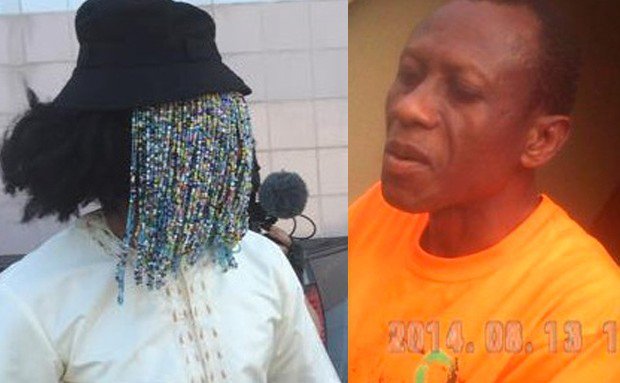The Community Court of the Economic Community of West African State (ECOWAS) on Monday threw out three dismissed High Court Judges in Ghana for failing to prove that their rights were violated in process leading to the disciplinary actions taken against them by Ghana Judicial Council.
Justices – Paul Uuter Dery, Mustapha Habib Logoh and Gilbert Ayisi Addo – were among over 30 judges secretly filmed while allegedly accepting bribes in an undercover investigation carried in 2015 by journalist Anas Aremeyaw Anas.
A three-man panel of the ECOWAS Court led by Justice Dupe Atoki dismissed the suit, held that although the secret filing of the Justices in their offices, done without their consent, amounted to interference with their right to privacy, the interference was justifiable as it was meant to expose unlawful conduct by public officers.
The court upheld the argument by the state of Ghana, to the effect that the secret filming of the Justices was supported by Article 1(1)(b) of the Whistle Blower Act of Ghana and Section 61 of the Data Protection Act of Ghana.
It found that the applicants’ right to privacy was interfered with by the secret filming of their activities by Anas, but went further to hold that the interference, being premised on national legislation, is in compliance with the law.
The court noted that as Justices, who did not deny knowledge or ignorance of the law, they ought to know that their conduct would be subjected to scrutiny as public officers.
It further agreed with the state of Ghana that, in engaging in the alleged act of accepting bribe, the applicants ought to know that they would be opened to secret investigation.
The court held that the interference with the applicants’ right to privacy, aimed at exposing of the commission of a crime, was justified and necessary in a democratic society.
It said the applicants, by their position as judge’s, are public officers, who receive public funds are, in that capacity, accountable to the public and could be subjected to investigation, where there is reasonable suspicion of their involvement in the commission of a crime.
“The secret recording of the applicants is necessary in a democratic society. The claim to violation of the right to privacy fails,” the court said.
The court also held that the applicants failed to prove their claim that the respondent violated their rights to fair hearing, non-discrimination/equality before the law and right to work.
The court noted that, while two of the applicants failed to respond to the query handed them by the Chief Justice, they challenged their suspension and investigation up to the Supreme Court and lost in all the six cases they filed.
It said, having rightly exercised their right to access the court up to the highest court in Ghana, the applicants cannot claimed to have been denied fair hearing.
The Justices were suspended in 2016 by the Ghana Judicial Council while a committee set up by the Chief Justice, Justice Sophia Akuffo investigated a petition written against them by Anas and his company, Tiger Eye PI Limited.
While on suspension, they were placed on half salaries, and at the conclusion of its investigation, the committee recommended their removal, which the Ghanaian President approved in December 2018.
In the suit they filed at the ECOWAS Court in 2016, through their lawyer, Nii Kpakpo Samoa Addo, the applicants alleged the violation of their fundamental human rights by the government of Ghana following the suspension of some of their allowances and the payment of half of their salary, because of an ongoing disciplinary procedure against them initiated by the country’s Judicial Council.
The applicants stated that the state of Ghana violated their rights to fair hearing and administrative justice, equality before the law and freedom from discrimination, privacy and work, including the action of the council, in paying them half of their monthly salaries, the suspension of their allowances and the constitution of a panel to investigate them.
Source: Mynewsgh

